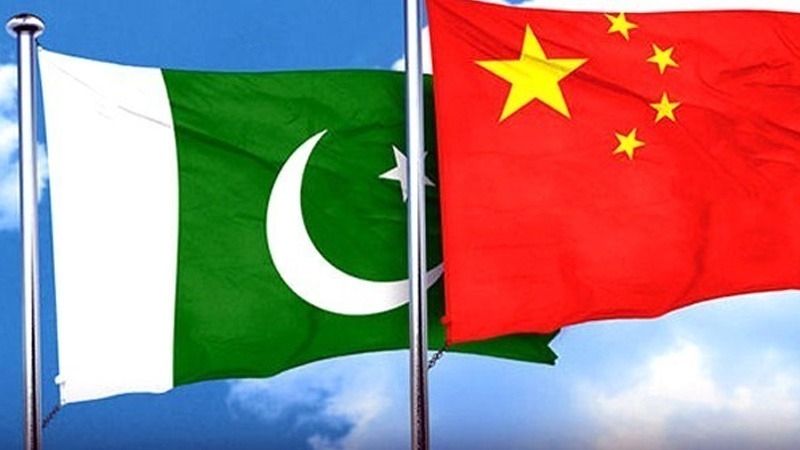Khawaja Asif clarified that the main focus of operations under ‘Azm-e-Istehkam’ will be in Khyber-Pakhtunkhwa (K-P) and Balochistan…reports Asian Lite News
China’s reported hesitation to invest in new projects under the China-Pakistan Economic Corridor (CPEC) stems largely from concerns about the security of its citizens and assets in Pakistan.
This hesitation appears to have prompted the Pakistani government to take action, as Islamabad recently approved a revitalised national counter-terrorism campaign known as ‘Operation Azm-e-Istehkam’.
According to a recent editorial in Dawn, the move underscores Pakistan’s recognition of the importance of addressing China’s security concerns, especially at a time when attracting foreign investment is critical for the country’s economic development.
Speaking at a press conference in Lahore, Pakistan’s Defence Minister Khawaja Asif clarified that the main focus of operations under ‘Azm-e-Istehkam’ will be in Khyber-Pakhtunkhwa (K-P) and Balochistan.
He mentioned that a comprehensive plan detailing the framework for these operations will be announced in the coming days. Notably, Chinese citizens, workers, or projects have been targeted by violence or security threats within Pakistani territory.
These incidents have raised concerns about the safety and security of Chinese nationals and investments in Pakistan, particularly under projects like the China-Pakistan Economic Corridor (CPEC).
Such attacks can have significant implications for bilateral relations between China and Pakistan, as well as for regional stability and economic cooperation.
However, military operations conducted by Pakistan frequently face allegations of human rights violations, which involve accusations of excessive use of force, arbitrary arrests, disappearances, and mistreatment of civilians in conflict zones such as Balochistan, Khyber Pakhtunkhwa, and in areas affected by insurgency.
These allegations are often reported by human rights organisations and international observers, raising concerns about the protection of civil liberties and adherence to international humanitarian law.
Such reports can strain Pakistan’s relations with the international community and prompt calls for accountability and reforms within the military and security forces. (ANI)
ALSO READ: Xi’s campaign for greater loyalty within China’s military












